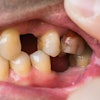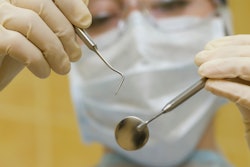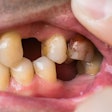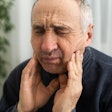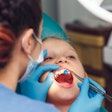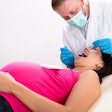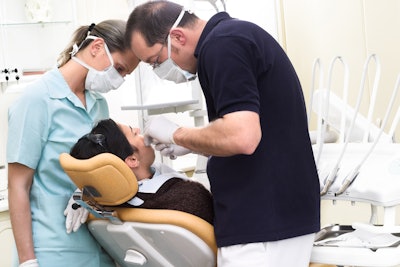
In the U.S., inequalities in unmet dental needs and care costs persist across income groups, with out-of-pocket costs rising significantly among lower-income families in recent years. The new report was released by the CareQuest Institute for Oral Health.
In 2021, lower-income families paid about seven times more than the wealthiest families for out-of-pocket dental care, according to the report, which was published on June 25.
"When people from lower-income families can receive dental care, their households bear a disproportionate burden of out-of-pocket dental costs,” wrote the authors.
This study analyzed data from nearly 500,000 individuals in households surveyed between 2007 and 2021 through the U.S. Medical Expenditure Panel Survey. Each household had one adult reporting on dental visits and out-of-pocket spending on oral health care in the previous year.
Out-of-pocket dental expenses constituted a larger share of total family income for poorer households compared to wealthier ones. In 2007, the least-affluent families spent over five times more out of pocket on dental care compared to the wealthiest families. By 2021, this difference increased to 7.4 times.
Furthermore, in high-income households, dental expenditures accounted for less than 1% of total family income in both 2007 (0.3%) and 2021 (0.3%). In contrast, individuals from poor households spent a significantly higher proportion of their total family income on dental costs, with expenses representing 1.6% in 2007 and increasing to 2% in 2021, according to the results.
These findings highlight the ongoing need to improve access and affordability of dental care for low-income families, including addressing gaps in insurance coverage like Medicaid. Increasing dental provider participation in Medicaid and incentivizing care in underserved areas are crucial steps toward reducing these disparities, the authors wrote.
"While some policy progress has been made in recent years, it is clear that more still needs to be done to fully address these inequities," they concluded.

